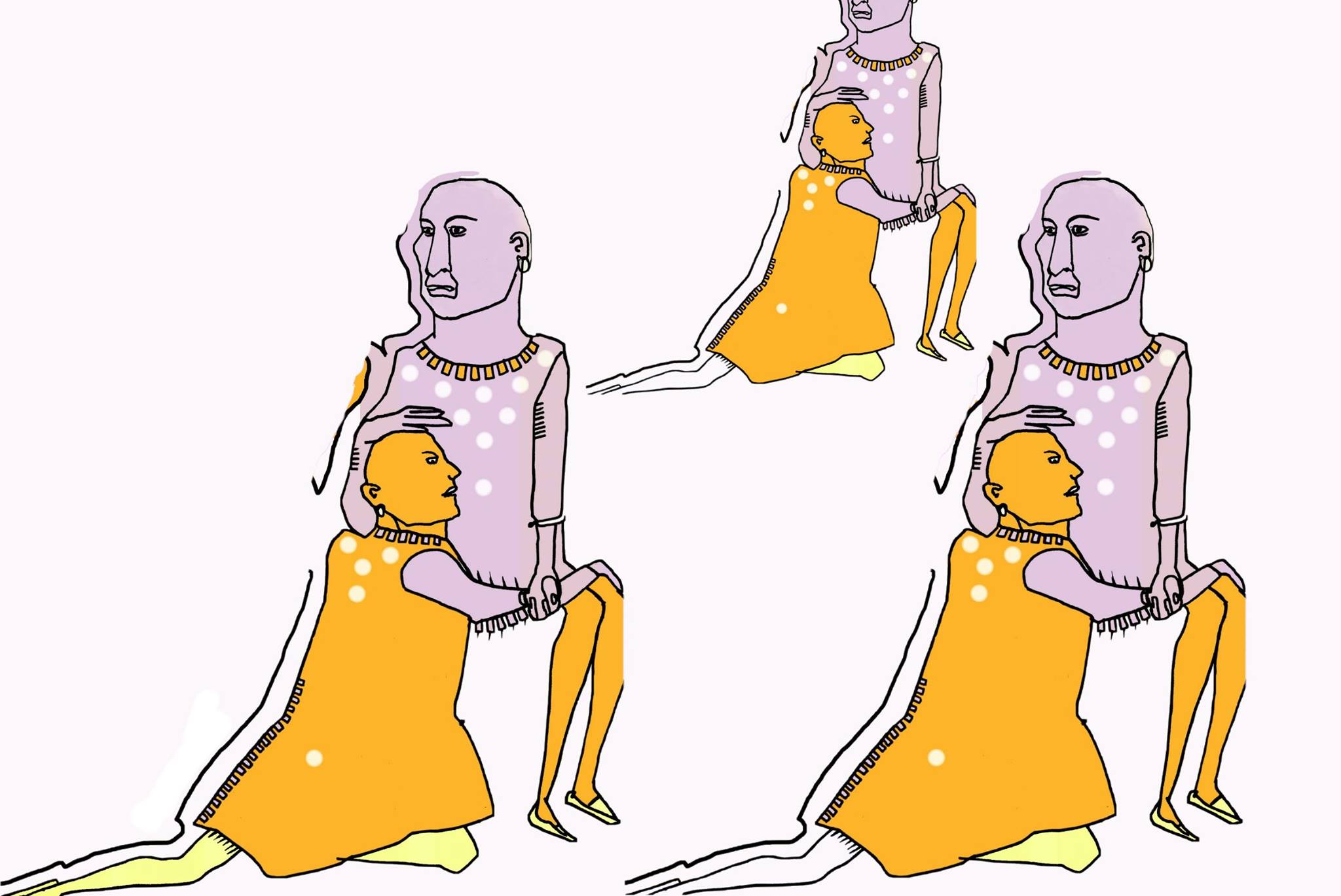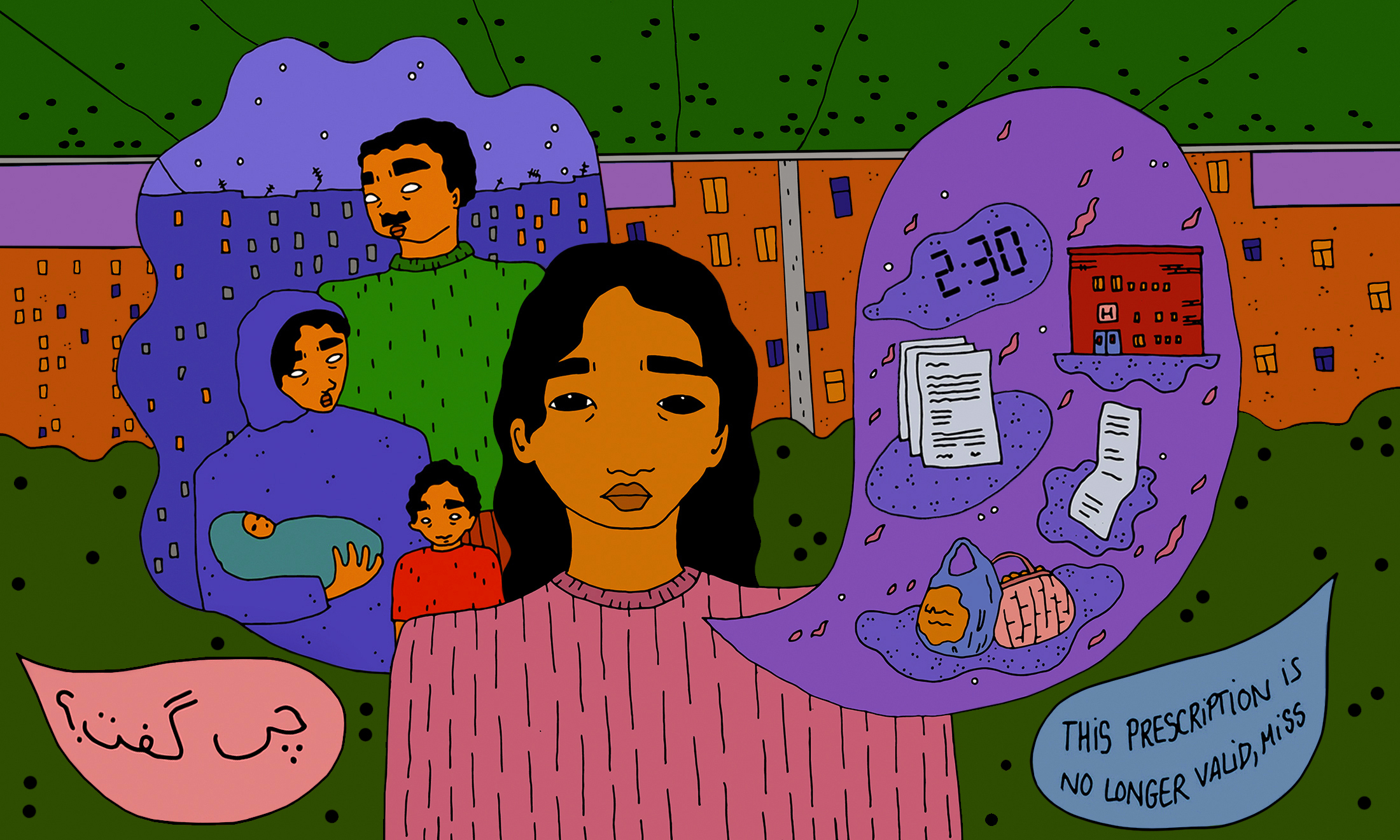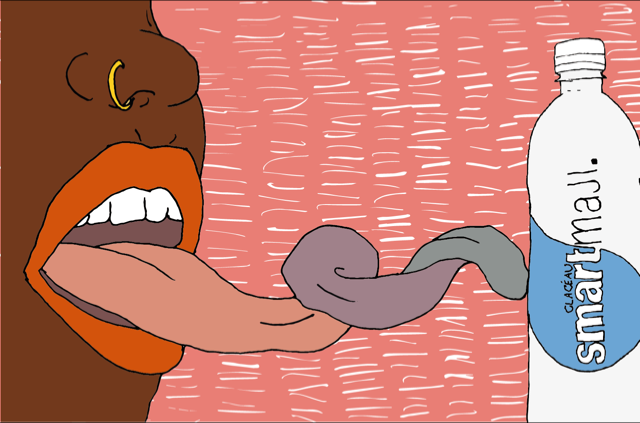
This summer, I tried to fulfill the mythical homecoming fantasy that most children of immigrants have held at some point. The one where you magically “go back to your roots” and “rediscover your heritage”. You know, a bunch of clichés conveniently recycled from your nearest bland, feel-good BBC2 travel documentary, but important nonetheless.
My parents arrived in the UK from mainland Southern China to seek a new life more than 20 years ago. Faced with the prospect of staying in impoverished communities ravaged by the Cultural Revolution or finding a way out at all costs, their decision was essentially a no-brainer. In June this year, we went back to visit relatives in my parents’ hometowns, Guilin and Guangzhou – a symbolic reversal of their original journey that takes place every few years in the shape of a family holiday.
I expected to slot into the Chinese community more smoothly than ever, since I’d finally learned to love and accept my heritage through a growing awareness of social justice and anti-racism. I naively thought that my half-forgotten Mandarin would flow naturally as soon as I became immersed in the language; that the piecemeal bits I’d learned at Saturday Chinese school as a kid would slowly return like muscle memory.
‘Faced with the prospect of poverty, we moved to the UK’
The reality was not so simple. Initially, I could barely piece a few sentences together in my own language – the one I casually dropped by the wayside in my lifelong quest to become the “Good Immigrant”. The broken phrases I’d hardly bothered to practice at home now felt worse than the dullest small talk. At celebratory dinners with distant second cousins I’d listen, nod along and give the occasional three-syllable answer. I was secretly convinced that they would find me unintelligent or boring because I couldn’t debate politics or tell funny anecdotes.
No matter how welcoming or kind they were to me, I couldn’t shake off the crippling feeling of impostor syndrome, as though I was a foreigner in disguise, hopelessly trying to mimic Chinese-ness. Why had I travelled halfway around the world in search of “home”, only to feel more alienated than ever? What did my complex academic essays on literature matter when I could barely hold a conversation with the hairdresser?
But while the solution of just re-learning the language might appear straightforward, there are deeper factors in play that affect why so many young people of colour like me have lost a connection with their mother tongue.
‘My language was mocked through taunts of ching chong’
Athena Chu, a Chinese-American high school student poet from Massachusetts, sums up this painful absence brilliantly in her gut-wrenching poem ‘My Chinese’: “If you ask me if I’m fluent in Chinese, I will tell you my Chinese is a ghost lodged in my throat”. It’s a feeling that I’m certainly familiar with. Having my language constantly mocked through playground taunts of “ching chong”; being stared at while my parents talked loudly in Chinese out in public; others’ patronising attitudes towards my parents’ heavily accented English – the shame from all of these memories still runs deep.
When your culture is repeatedly singled out as strange, threatening, and inferior from these formative racist experiences, it inevitably becomes easier to suppress it altogether. With help from my parents, who naively wanted me to assimilate fully into an alien culture so that I could gain better life chances than they ever had, I plunged into English as an attempt to cancel out my “otherness”. I secretly believed that if I could somehow become articulate enough, “well-spoken” enough, then I’d magically be accepted by white people as one of them, instead of a fresh-off-the-boat immigrant.
Looking back now, it’s easy to pinpoint the toxic racist bullshit I internalised which led me to this way of thinking. Sounds obvious, but I realized very quickly that I couldn’t erase the colour of my skin and my painful memories by reading Shakespeare. No matter what level of class-based “respectability” I aspired towards, there will always be some racist who eventually sends me crashing back down to earth with that classic taunt.
‘I secretly believed that I’d be accepted by white people’
I still inwardly cringe at the thought of there being lots of white people who are better at Chinese than me – as well as many more who are praised for mangling the simplest phrases of some “exotic” language, while immigrants are belittled for their accents. The irony is cruel. Especially in a post-Brexit world where fear of the Other is written into so much of the media, it is more important than ever to hold on to the individual stories of loss and trauma that are part of the immigrant experience. These stories shouldn’t be a source of shame, but pride. As the Japanese-American slam poet G Yamazawa claims in ‘The Bridge’: ‘The accent is the mark of an immigrant. It’s a ruler with mile-long increments that measures the distance away from home.’
Picking up the broken fragments of my language wasn’t easy, but I eventually learned to be proud of the half-phrases that steadily grew into fuller sentences as I became more confident with speaking Mandarin while in China. However, I know that I still have a long way to go. Mandarin is notoriously difficult even for people like me who were exposed to it during childhood – I’ve accepted the fact that I will constantly have to relearn it, step by agonising step and even from the very basics if necessary, for the rest of my life. It’s like trying to build up a wall of beautiful, ancient bricks to protect this corner of my heritage – a wall that is simultaneously crumbling into dust.
Above all, I’ve learned that, no matter how important language may be as a symbol of cultural identity, I am in no way less valid as a person of colour for not being totally fluent in my mother tongue, or even for not being able to speak it at all. (Ironically enough, I didn’t need to fly halfway across the world to reach this conclusion!)
‘In a post-Brexit world, fear of the Other is heightened’
In future, I hope to reach the stage where my Mandarin is good enough for me to be able to work and possibly study in China for a few years. But for now, I’ll settle for the satisfaction of seeing the looks of discomfort from random white passers-by when I speak my amateur, home-grown version of Chinese loudly – and proudly – in public.








